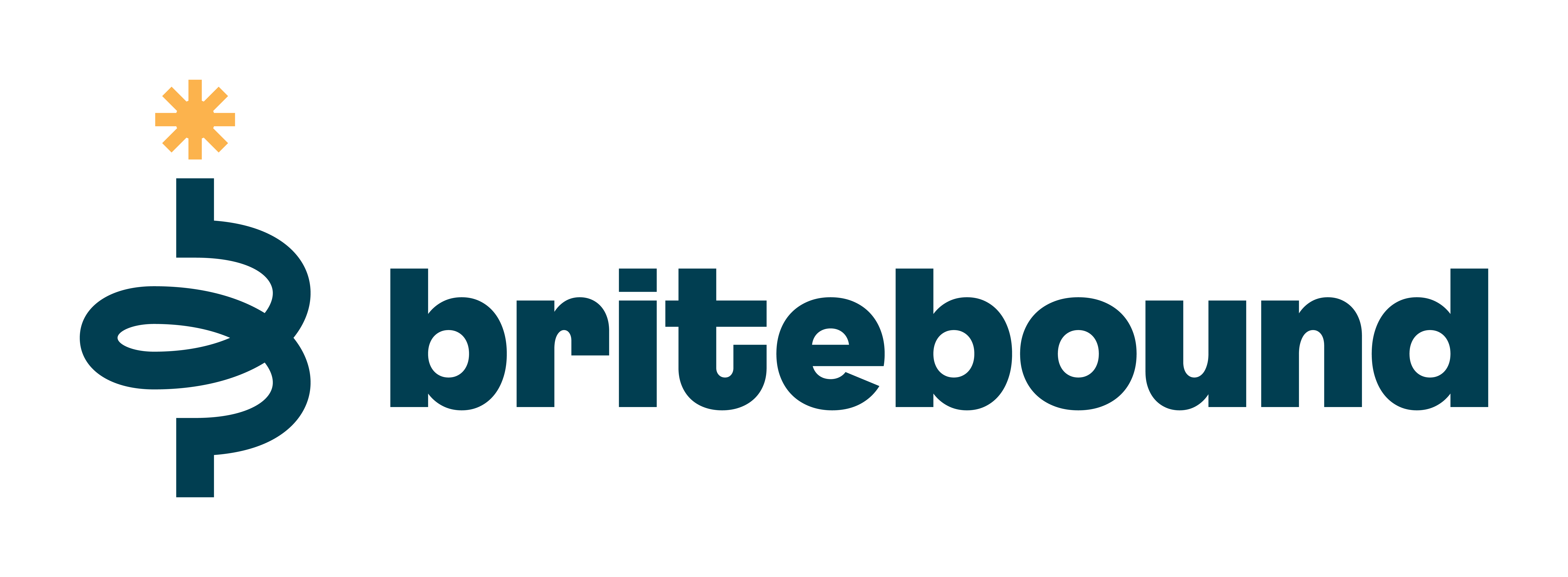Dive Brief:
- Questions of inequality have been triggered by a recent California trend in which students pay to attend and gain credit from summer school courses run by non-profit foundations.
- Some argue this advantage — which allows traditional public school students to strengthen their transcripts — is unfair because it only benefits those who can afford the programs.
- The non-profit foundations run the courses independent of the public school districts, so technically they are not breaking the law, which forbids public schools from charging for educational programming.
Dive Insight:
Since the costly courses count for credit in the traditional public school districts, some believe it narrowly avoids violating the law against charging for educational programming. These critics maintain that wealthier public school students can take classes — like creative writing and U.S. History — that their less-fortunate peers cannot, which only highlights educational gaps. The irony of the situation is that the non-profits appear to be trying to do good by providing more education opportunities for students.
Advocates for the programming are latching onto the reality that their tight budgets do not allow them to provide summer school programming and that , therefore, the foundation-run classes are the only option.












